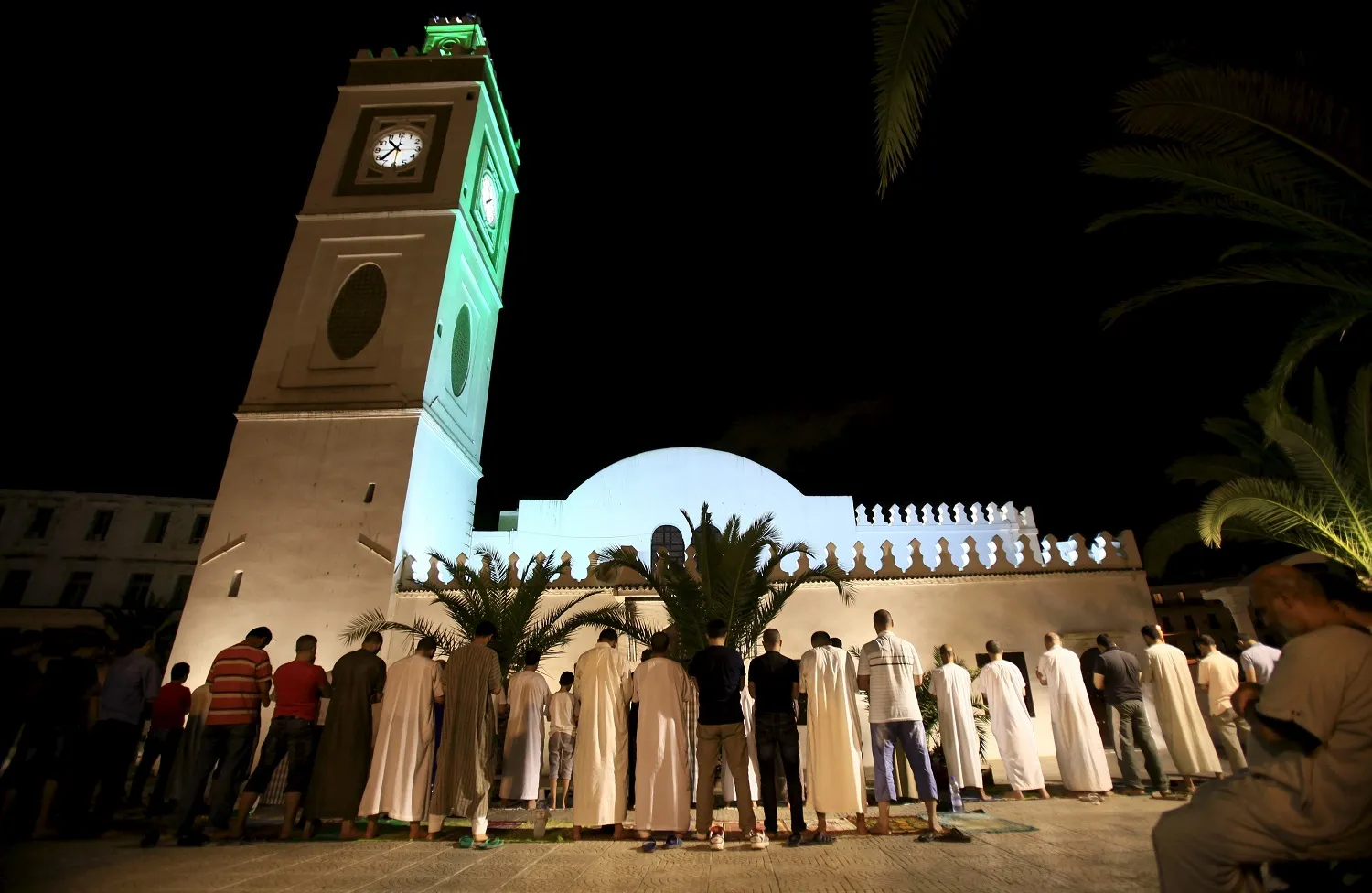Algerian Minister of Religious Affairs and Endowments Mohammed Eisa warned of sectarian efforts to break the religious principles of Algerian society, pointing out that the government is planning to issue new laws posing penalties on those who try to change Algerians' religious convictions.
Speaking at a conference for religious Imams and religious guides, eastern Algeria, the minister said that the country was exposed to foreign ideas that created terrorism and provoked hatred among the people. Eissa was referring to the war during the 1990s where 150,000 people were killed inducing: extremists, security men, and civilians.
The minister reiterated that Algerian youths do not need to cross the border looking for new forms of religiosity other than the ones they inherited from their ancestors. He didn't elaborate as to what he meant, but it is understood that he was referring to hundreds of young people who had been involved in extremist groups abroad and then returned to the country to perform their practices in society.
Through a scientific and pedagogic method, Algeria succeeded in overcoming this flux and discourse of hatred, especially against various sectarian movements aiming to divide the country, added the minister, in reference to Shi'ite sects chased by security services.
Since his appointment as Minister of Religious Affairs in 2014, Minister Eissa had repeatedly spoken of the authorities' efforts to "protect local religious authority".
He called upon Imams and teachers of Koranic education to adopt the approach of relying on local religious authority to immunize the country against all dangers.
Eissa stressed that the state is determined to legislate laws that "protect the doctrine, fight sectarianism, and punish those who seek to change the convictions of religious Algerians."
The minister announced a new law will soon be issued to regulate mosques' affairs.
Since 2008, according to the minister, all Imams finished their religious education programs and memorized the Qur'an because these measures are important to ensure moderate speech that could serve the country.
Eissa himself is in a war against al-Ahmadiyya sect and Shiaism in the country.
Recently, he told state radio that Algeria was "a target for Islamic trends that are different from our culture and religious values that we inherited from the predecessors" in reference to several new sects that are spreading in many mosques in the country.
The minister confirmed that Islam in Algeria is that of Prophet Mohammed (PBUH) and a moderate one that promotes coexistence with other sects and religions. He added that Islam in the country is not affected by ideologies or political exploitation.









